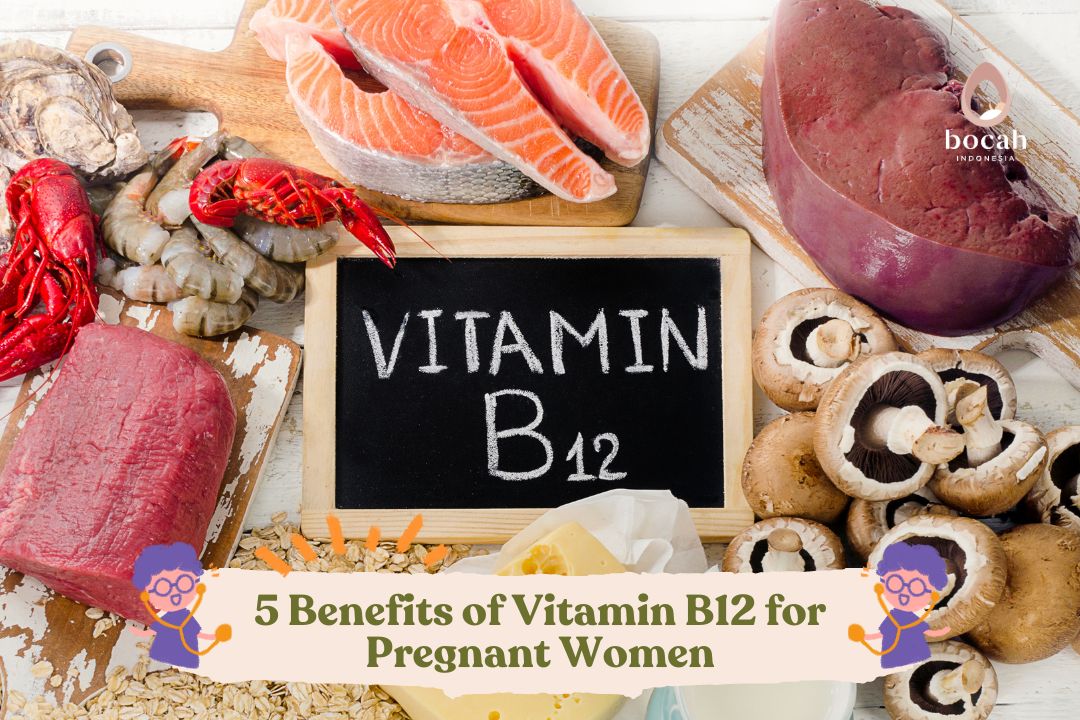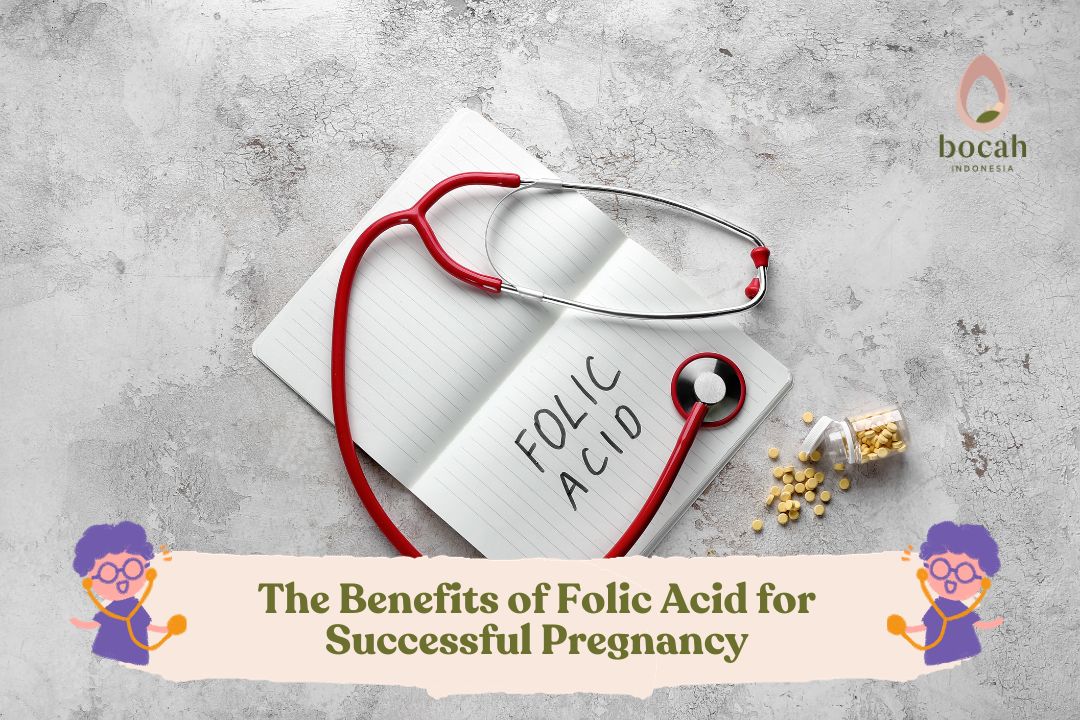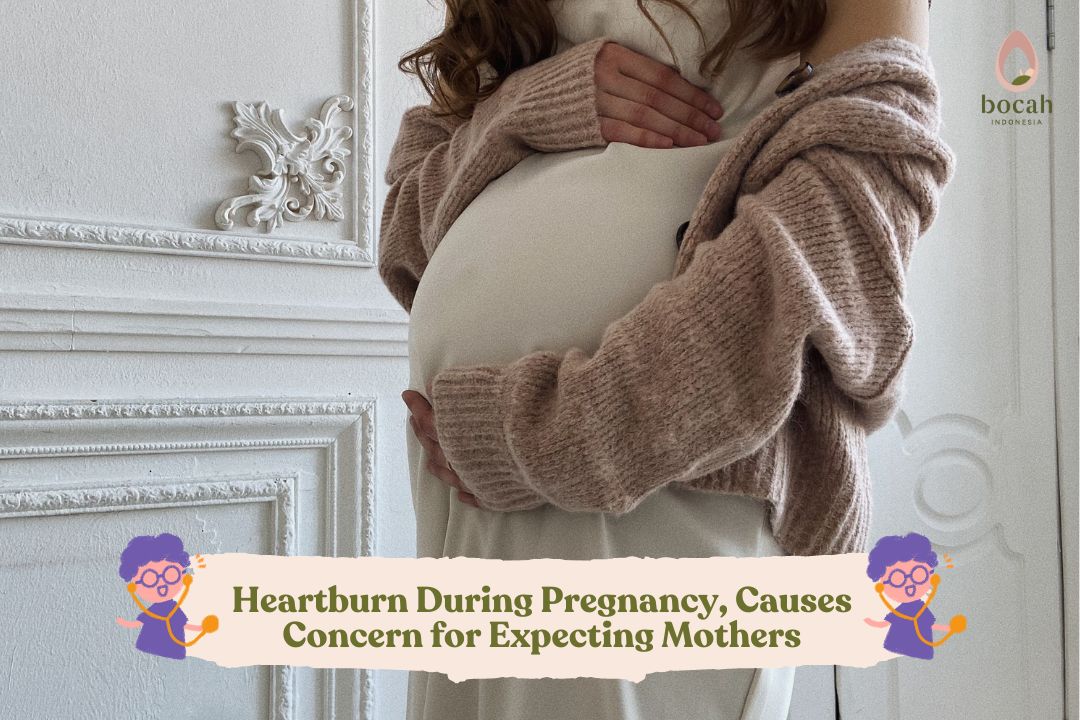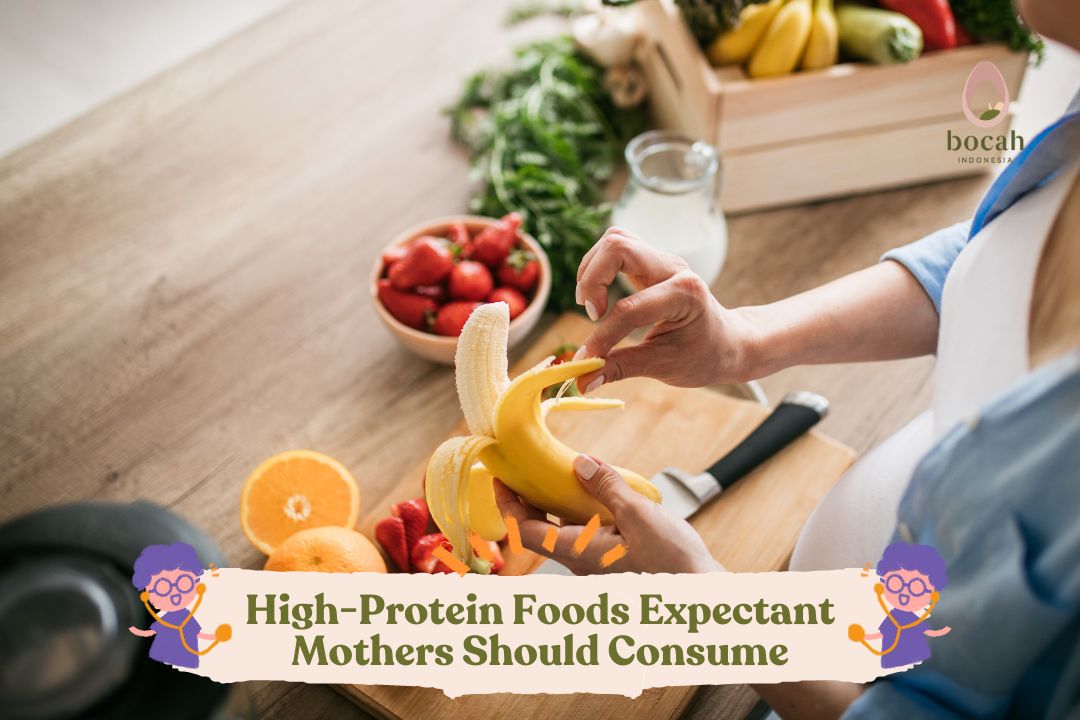Vitamin D3: Benefits and Dosage for Pregnant Mothers
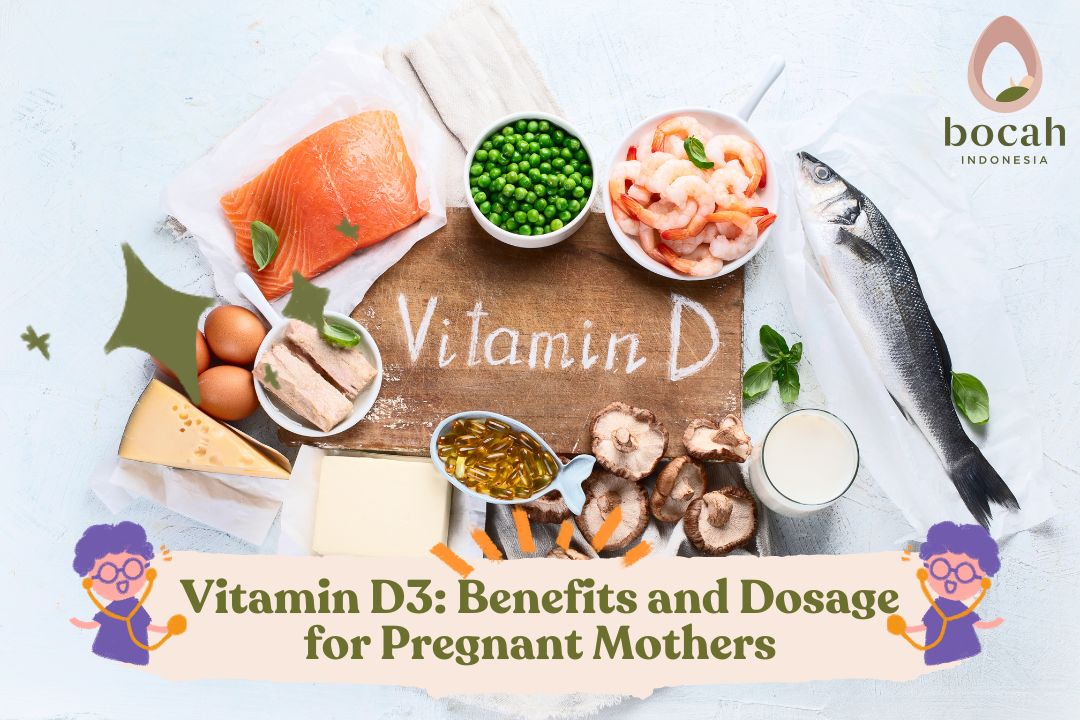
Pregnant mothers need to recognize the importance of ensuring sufficient vitamin D intake during pregnancy. Find out information about vitamin D for pregnant mothers here.
Obtaining adequate nutrition is crucial for the health of both pregnant mothers and their fetus. One essential nutrient that needs attention is vitamin D. This vitamin can be obtained from various sources such as sunlight, food, or beverages.
However, often these sources are not enough to meet the needs of pregnant mothers, which is why vitamin D supplementation is necessary. Here are several important benefits of vitamin D3 that pregnant mothers should be aware of in order to remain vibrant and healthy.
Benefits of Vitamin D During Pregnancy
Getting enough vitamin D is important for everyone, especially pregnant mothers. Sufficient vitamin D contributes to the development of a healthy baby and promotes overall health during pregnancy.
Vitamin D3 is a critical nutrient for fetal growth as it plays a role in enhancing calcium absorption, supporting muscle function, influencing teeth growth, and preventing low birth weight in infants.
Tanya Mincah tentang Promil?
During pregnancy, vitamin D supports your immune system, as well as the health of your bones, muscles, and teeth. It is also required for the absorption of calcium and phosphorus.
For developing babies, sufficient vitamin D supports the growth of healthy bones and may help prevent premature birth.
Impact of Vitamin D Deficiency on Pregnant Mothers
Adequate vitamin D during pregnancy can reduce the risk of preeclampsia, a serious pregnancy complication characterized by increased blood pressure and protein in the urine. Symptoms of preeclampsia can begin after the 20th week of pregnancy.
In severe cases of preeclampsia, you may experience:
- Headaches
- Blurred vision
- Light sensitivity
- Fatigue
- Nausea and/or vomiting
- Upper right abdominal pain
- Shortness of breath
- Bruising on various body parts.
However, it’s important to note that these symptoms could be caused by other health issues. Preeclampsia can also affect the arteries that supply blood to the placenta.
When the placenta doesn’t receive enough blood, your baby might not get enough nutrients, oxygen, or blood, potentially leading to low birth weight or premature birth.
Symptoms of Vitamin D Deficiency in Pregnant Mothers
Vitamin D deficiency can lead to various signs and symptoms, including:
- Fatigue or tiredness
- Joint pain
- Depression
- Muscle pain
- Weakness
- Thinning hair
Of course, these symptoms can also be normal pregnancy-related issues, so it’s advisable to consult a healthcare provider if you experience any of them to determine the cause.
What Causes Low Vitamin D Levels in Pregnant Mothers?
Vitamin D deficiency is quite common among pregnant mothers. Several reasons contribute to this. In many cases, spending a lot of time indoors where there’s no sunlight to trigger vitamin D production in the skin is a cause. Additionally, low vitamin D levels are often due to inadequate dietary intake and lack of sun exposure.
How Much Vitamin D Should Be Consumed During Pregnancy
According to the National Institutes of Health, the recommended daily dose of vitamin D during pregnancy is 600 IU/day or about 15 micrograms (mcg) daily. This dosage also complies with the regulations of the Indonesian Ministry of Health in 2019.
In reality, pregnant mothers can obtain their vitamin D intake by regularly sunbathing in the morning sun and consuming foods rich in vitamin D. However, if this isn’t enough, they can take vitamin D supplements. Nevertheless, it’s recommended to consult with an obstetrician first about the type and recommended dosage of vitamin D supplements.
If you’re taking vitamin D supplements, the amount of vitamin D is likely indicated on the supplement’s nutritional label, either in International Units or micrograms (2.5 micrograms = 100 IU). Micrograms can be abbreviated as “mcg”. However, vitamin D content isn’t always directly listed on food labels.
So, that’s the explanation about the importance of vitamin D intake for pregnant mothers. Therefore, it’s advised for pregnant mothers to ensure they meet their daily vitamin D requirements.
Source:
- National Health Service. Diakses 2023. Vitamins, supplements and nutrition in pregnancy
https://www.nhs.uk/pregnancy/keeping-well/vitamins-supplements-and-nutrition/ - American College of Obstetricians and Gynecologists. Diakses 2023. Vitamin D: Screening and Supplementation During Pregnancy
https://www.acog.org/clinical/clinical-guidance/committee-opinion/articles/2011/07/vitamin-d-screening-and-supplementation-during-pregnancy - Indian Journal of Endocrinology and Metabolism. Diakses 2023. Efficacy and safety of Vitamin D supplementation during pregnancy: A randomized trial of two different levels of dosing on maternal and neonatal Vitamin D outcome
https://www.ncbi.nlm.nih.gov/pmc/articles/PMC4855961/


